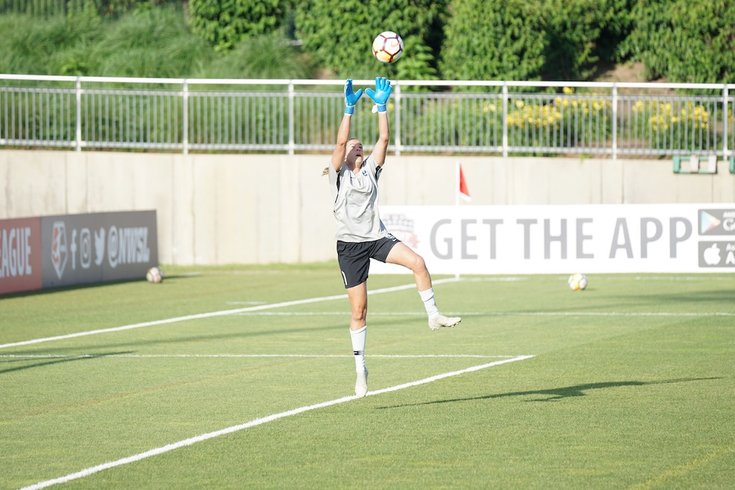
May 28, 2019
 Jeffrey F Lin/Unsplash
Jeffrey F Lin/Unsplash
Researchers hold that it could be beneficial for young female athletes to prevent injury.
Sure, knee braces can help protect knees from injuries, but a new study published in The Physician and Sportsmedicine journal found that oral contraceptives may lower the risk of anterior cruciate ligament (ACL) tears in women.
The study was a sizable one, including data from over 165,000 female patients — ages 15 to 49 — and is especially relevant knowing that ACL injuries are two to eight more times common in women than men, according to a news release.
Researchers from Brown University found compared rates of ACL repair surgery in women who had been taking birth control pills a year prior to injury to a control group not taking the oral contraceptive. Women on the pill were 18 percent less likely to need ACL repair surgery.
RELATED READ: Researchers design self-administered birth control patch, effective for one month at a time
You may be wondering the correlation between ACL injury and repair and oral contraceptives, which the release explains here:
The authors speculate that taking pills containing the hormones estrogen and progesterone may suppress the hormonal surges during the menstrual cycle, leading to a lower rate of injury. "It's likely that oral contraceptives help maintain lower and more consistent levels of estrogen and progesterone, which may lead to periodic increase in laxity and subsequent risk of tear (instead of Periodic acl weakness)", says Dr. Steven DeFroda from Brown University, Rhode Island, USA who led the research.
Runner’s World notes that there are some limitations to the study. The first being that it was retrospective and used data from an insurance claims database, so errors in data are possible. Additionally, it was purely observational, so it is hard to say whether women taking birth control pills are actually less susceptible to injury.
While there are some potential risks of taking oral contraceptives, the researchers hold, according to the release, that they could be a good preventative tool in high school and college-aged soccer and basketball athletes — who are at a higher risk of ACL injury.
Runner’s World adds that it could be a good idea for these high-risk athletes to implement a cross-training plan to supplement their running-heavy training to increase strength and stamina as another preventative method.